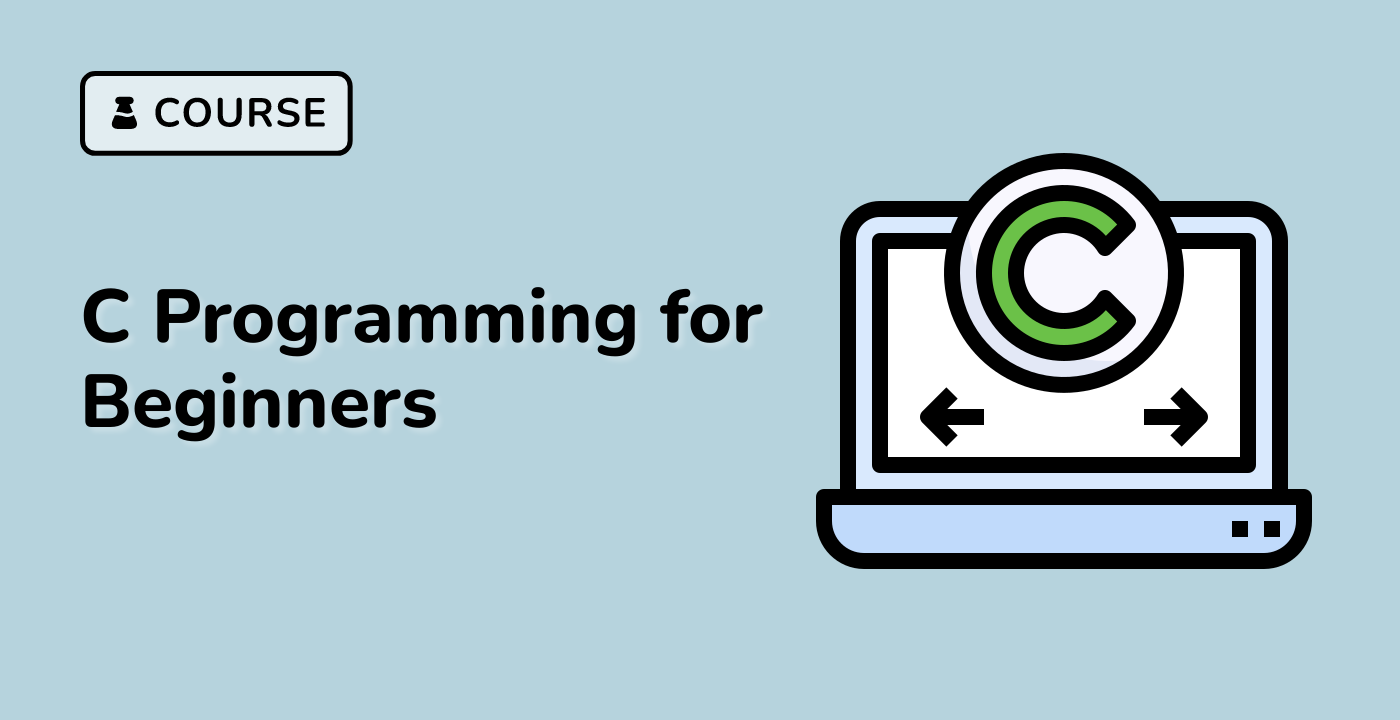Bitwise Operation Basics
Understanding Bitwise Operators
Bitwise operations are fundamental low-level manipulations that work directly with individual bits in computer memory. In C programming, there are six primary bitwise operators:
| Operator |
Symbol |
Description |
| AND |
& |
Performs bit-by-bit AND operation |
| OR |
| |
Performs bit-by-bit OR operation |
| XOR |
^ |
Performs bit-by-bit exclusive OR operation |
| NOT |
~ |
Performs bit inversion |
| Left Shift |
<< |
Shifts bits to the left |
| Right Shift |
>> |
Shifts bits to the right |
Binary Representation
graph LR
A[Decimal Number] --> B[Binary Representation]
B --> C[Bit Manipulation]
Example of binary representation:
#include <stdio.h>
int main() {
// Decimal number 10
int num = 10; // Binary: 1010
// Binary representation
printf("Decimal: %d\n", num);
printf("Binary: ");
for (int i = 31; i >= 0; i--) {
printf("%d", (num >> i) & 1);
}
printf("\n");
return 0;
}
Common Bitwise Operations
Bitwise AND (&)
Used for masking and checking specific bits:
int a = 5; // Binary: 0101
int b = 3; // Binary: 0011
int result = a & b; // Result: 0001 (1 in decimal)
Bitwise OR (|)
Used for setting specific bits:
int a = 5; // Binary: 0101
int b = 3; // Binary: 0011
int result = a | b; // Result: 0111 (7 in decimal)
Bit Shifting
Useful for multiplication and division by powers of 2:
int num = 4; // Binary: 0100
int left_shift = num << 1; // Binary: 1000 (8 in decimal)
int right_shift = num >> 1; // Binary: 0010 (2 in decimal)
Practical Applications
Bitwise operations are crucial in:
- Flag management
- Memory-efficient storage
- Low-level system programming
- Cryptography
- Embedded systems development
Best Practices
- Always use parentheses to clarify complex bit operations
- Be aware of potential overflow
- Understand the underlying binary representation
- Use bitwise operations for performance-critical code
Note: When debugging bitwise operations, LabEx provides excellent tools for bit-level analysis and understanding.




